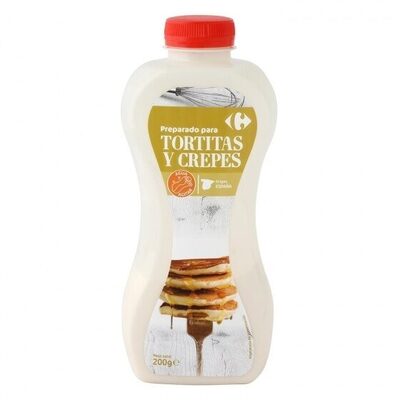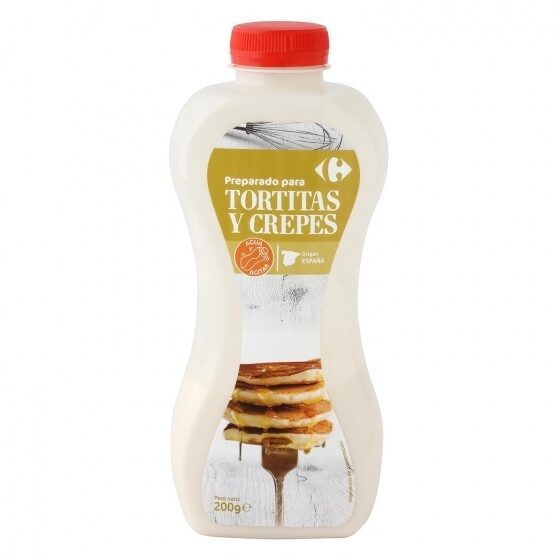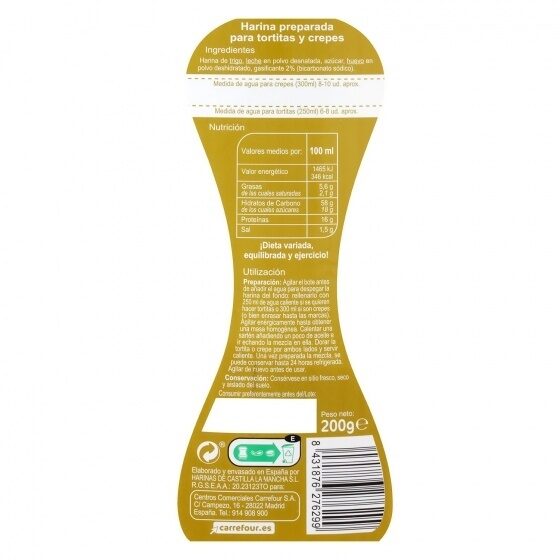Preparado tortitas y crepes - Carrefour - 200g
Aquesta pàgina del producte no està completa. Podeu ajudar a completar-la editant-la i afegint-hi més dades a partir de les fotos ja disponibles, o fent-ne més amb l'aplicació de androide o iPhone / iPad. Gràcies!
×
Algunes de les dades d’aquest producte les ha proporcionat directament el fabricant Carrefour España.
Codi de barres: 8431876276299 (EAN / EAN-13)
Quantitat: 200g
Marques: Carrefour
Categories: Ajudants de cuina, en:Dessert mixes
Botigues: Carrefour
Països on es va vendre: Espanya
Matching with your preferences
Entorn
Empaquetament
Transport
Report a problem
Fonts de dades
Producte afegit per kiliweb
Última modificació de la pàgina del producte per teolemon.
La pàgina del producte, també editada per elcoco, mariavilla, moon-rabbit, openfoodfacts-contributors, org-carrefour-espana, thaialagata, yuka.ZVoxWlNvNGwvNkFwa2RvbTNnN1B5L0VzMllLMWJESytPY0ExSVE9PQ.








